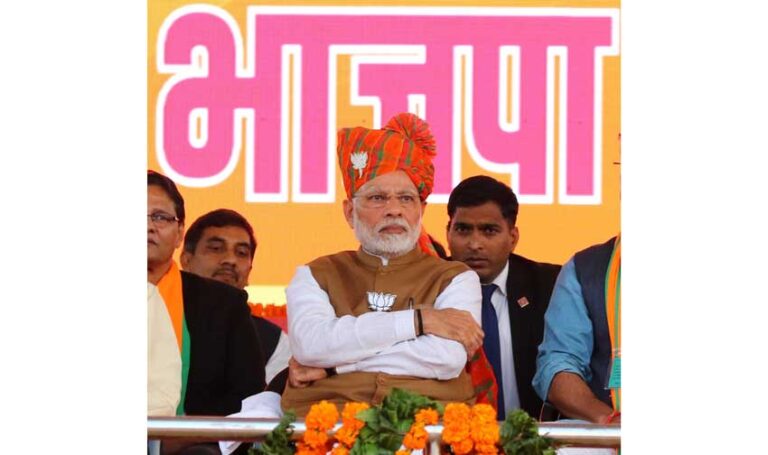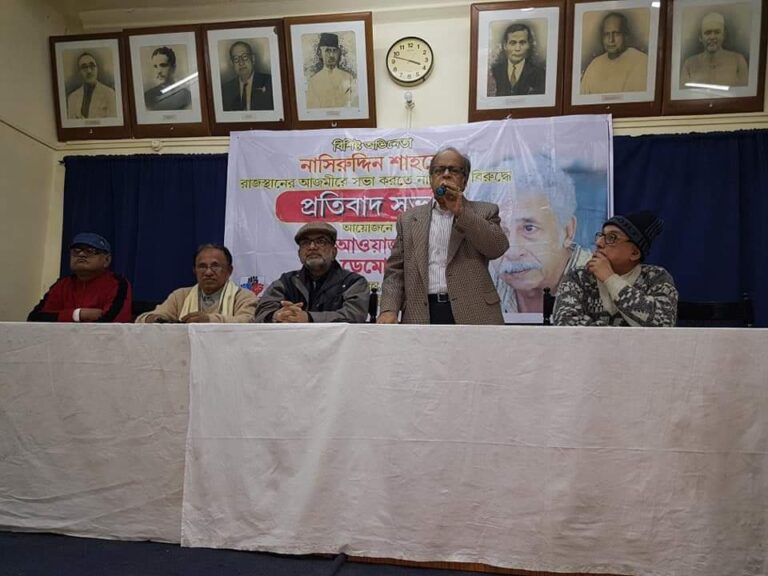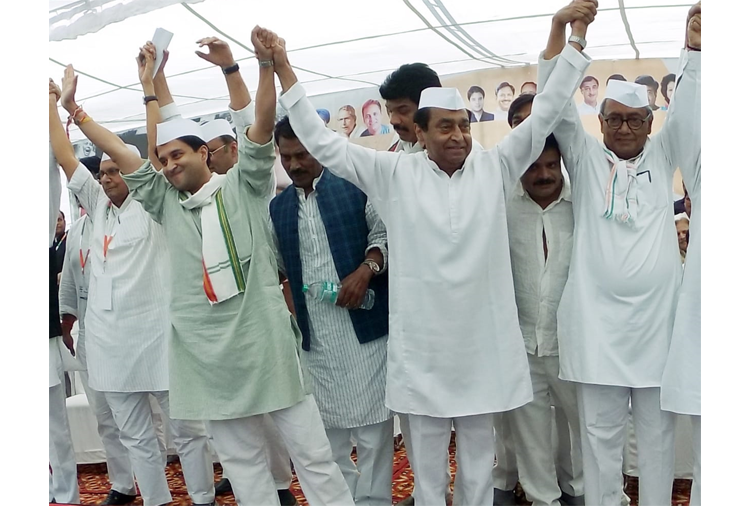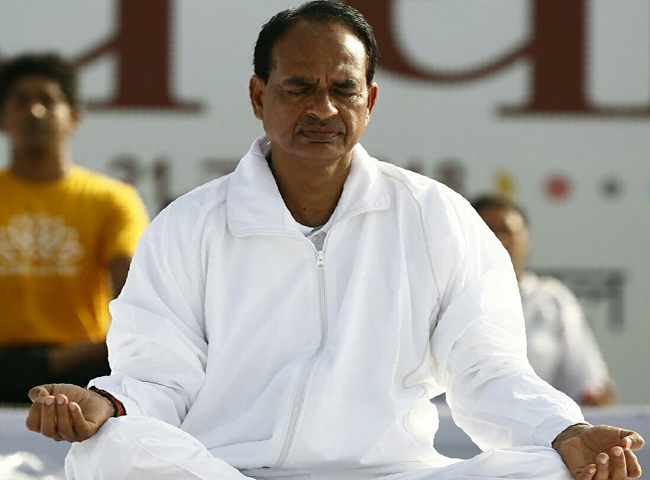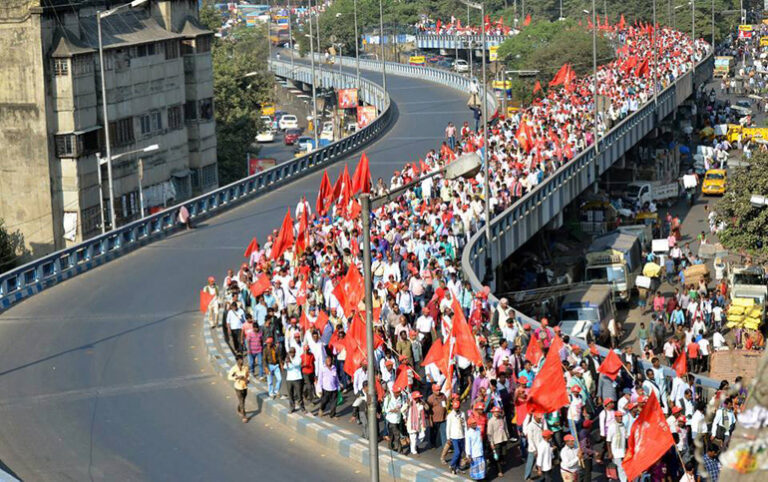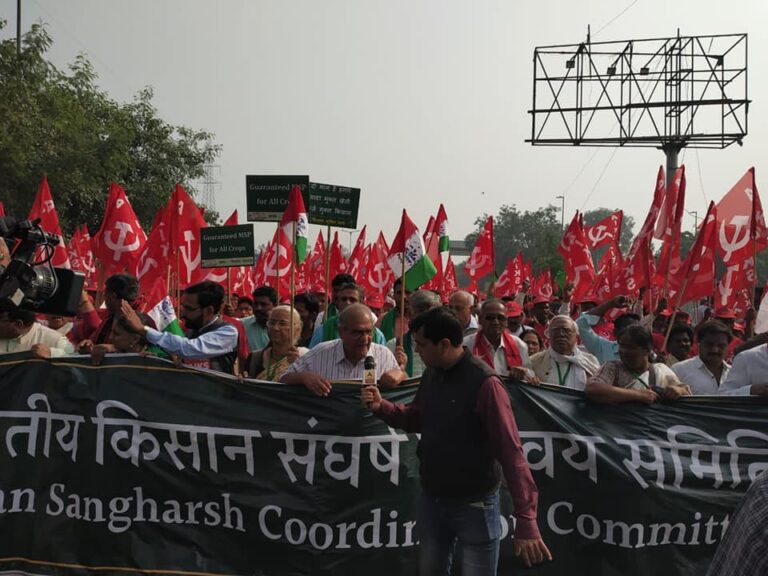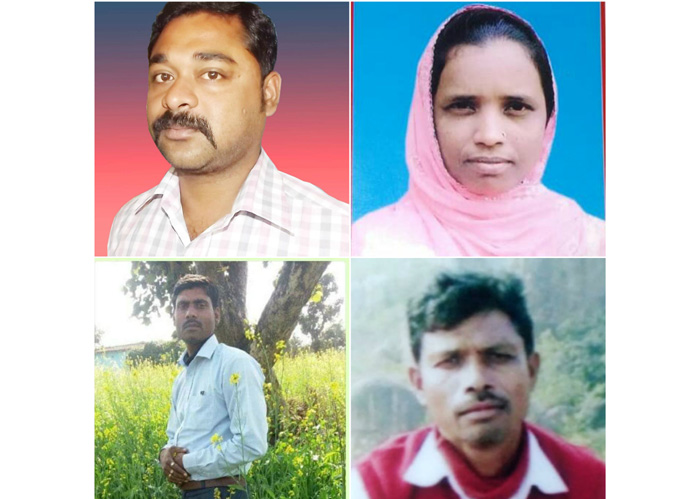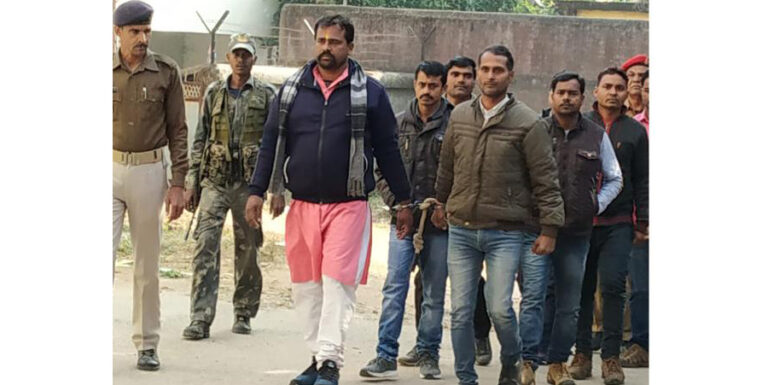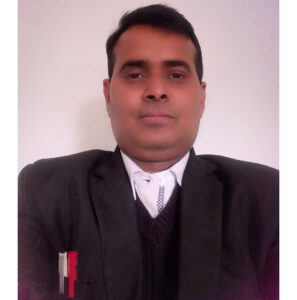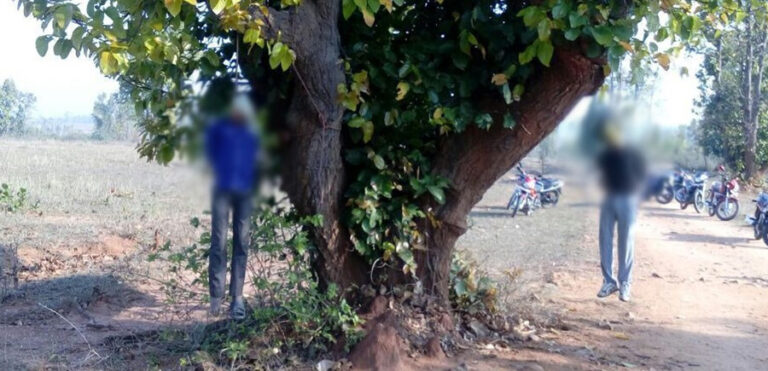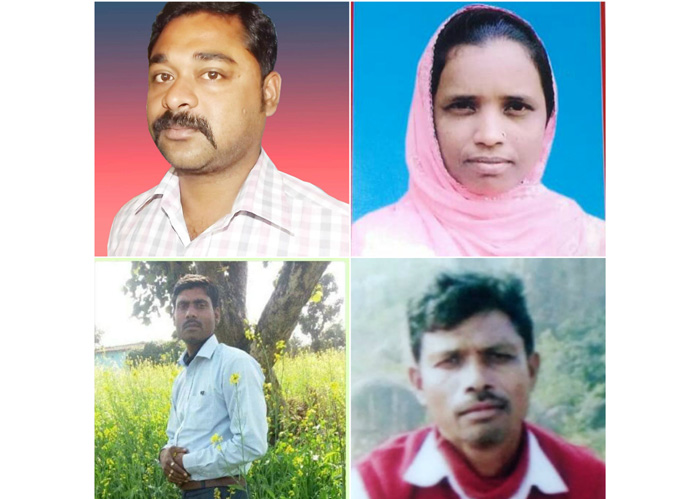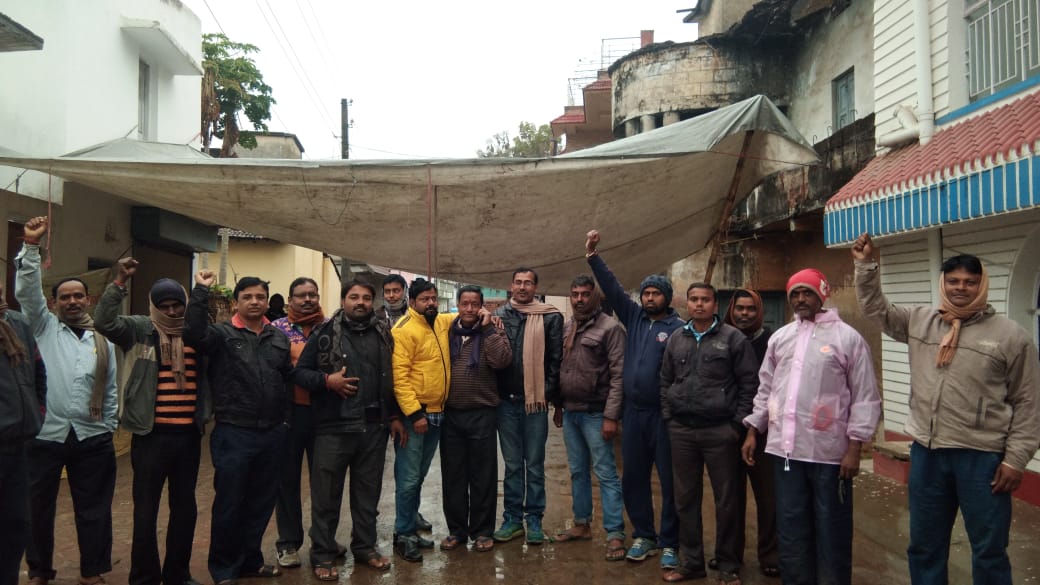The popularity of Prime Minister Narendra Modi registered a sharp decline towards the close of 2018 — merely four and a half years after he had come to power with a bang. During the year he was surrounded by many unsavoury controversies. After the BJP’s drubbing in the Assembly elections in the five States of Rajasthan, Madhya Pradesh, Chhattisgarh, Telangana and Mizoram, he has become more and more incoherent and occasionally irritable in his public speeches. The election results show that he has ceased to be a vote-catcher; rather, Narendra Modi has become a liability for the BJP.
That the people voted decisively against the BJP in all the five States where elections were held in November-December was much too evident. In Rajasthan, Madhya Pradesh and Chhattisgarh the party could not retain its government in spite of spending a scandalous amount of money on the campaign. The BJP had fielded its candidates on almost all the seats in Telangana and Mizoram. BJP general secretary in charge of north-east Ram Madhav had announced much ahead of the polling day in Mizoram: “we are willing to forge an alliance with like-minded non-Congress parties after the elections.” But the BJP could win only one seat out of 39 it contested (Mizoram Assembly has 40 members), and its dream of ruling, directly or indirectly, the entire north-east was shattered. So was the case in Telangana where it was hopeful of an impressive electoral victory to dictate terms to Telangana’s ruling party Telangana Rashtra Samithi (TRS) for an alliance for the 2019 Lok Sabha elections. The BJP could get only one seat in Telangana also.
According to an IndiaSpend analysis of electoral data, the BJP lost more than 70 per cent of the Assembly constituencies where Prime Minister Narendra Modi campaigned in the five States. Uttar Pradesh Chief Minister Yogi Adityanath fared slightly better than Modi, with a winning percentage of 39 as against Modi’s less than 30.
Even though Prime Minister Modi’s two major “achievements” did not figure prominently in the high-pitched campaigns, these two seemed to have considerably influenced the mind of the voters, particularly in the three Hindi heartland States of Rajasthan, Madhya Pradesh and Chhattisgarh. The scars created by the demonetisation on the middle and lower classes have not healed so far. Similarly, the GST continues to be a sore point with the middle rung traders. The party leaders in the three States were apparently aware of this because the party in the three States did not seek the vote in the name of Narendra Modi but in the names of their chief ministers, Vasundhara Raje in Rajasthan, Shivraj Singh Chouhan in Madhya Pradesh and Raman Singh in Chhattisgarh. In the full page newspaper advertisements also, the photos of the chief ministers were displayed prominently while a small photo of Narendra Modi was tucked behind the chief minister of the State.
The people just wanted to oust the BJP in the three States though they did not repose full confidence in the Congress, except in Chhattisgarh where it won 68 seats in a House of 90. The BJP got only 15 seats. Former Congress Chief Minister Ajit Jogi had formed his own party Janta Congress Chhattisgarh (JCC). He had entered into an alliance with Mayawati’s Bahujan Samaj Party (BSP) in the hope of emerging as an alternative to the BJP and the Congress but the alliance could get only 7 seats — JCC 5 and BSP 2.
In both Rajasthan and Madhya Pradesh, the Congress failed to get the clear majority. In Madhya Pradesh, its tally stopped at 114 seats in a House of 230. The BJP won in 109 constituencies. As many as 120 parties were in the fray in Madhya Pradesh. Only two of them could taste victory: Bahujan Samaj Party got two seats and Samajwadi Party was able to win one seat. Four independents also got through. These seven members lent their support to the Congress, raising the strength of the alliance to 121 and, thus, allowing the Congress to form the government. It was ironic that BJP received slightly more votes in Madhya Pradesh than the Congress but the Congress got more seats. The BJP received 41 per cent (1, 56, 42,980 votes) of the total votes cast while the share of the Congress was 40.9 per cent (1, 55, 95,153 votes). Besides, in as many as 22 constituencies, the votes cast for NOTA (none of the above) exceeded the victory margins of the winning candidates. In Rajasthan, too, the Congress reached near-majority point, getting 99 seats in a House of 200. The election for one constituency was countermanded following the death of a BSP candidate.


